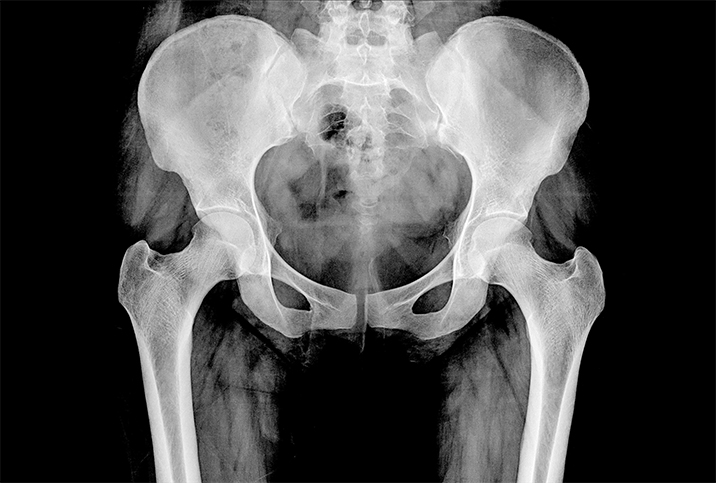Doctor's Note: 16 Things Your OB-GYN Wants You to Know

- If we are running late in the office, it's usually because there was a complication or emergency with another patient. We don't like to keep you waiting—but it's not always avoidable. Breaking bad news to another patient demands extra time and compassion.
- You can help us stay on track by showing up a few minutes prior to your appointment to get registered and roomed. I've heard people say, "If a doctor is late I can show up late too." Think of it more like a flight: It may be delayed, but you still have to arrive on time. If I'm behind, I will still see the patients who show up early or on time first. If you're too late, you may be rescheduled because we only have staff for a certain window.
- Well-woman exams, health maintenance exams or annual visits—whatever you call them—this type of visit is for one thing: Keeping you healthy. They have a specific purpose and we order specific screening tests for you based on your age and when the tests were last performed (Pap, breast exam, discussions about weight and exercise, and so on). If you have a specific problem or a concern, that deserves its own visit.
- If you have a gynecologic issue and come to see us about it, we will (almost always) need to do a pelvic exam. Don't be shocked.
- The patient portal is a great tool, but has its limits. It works well for communication of test results and answering quick yes or no questions. It is not a substitute for a visit. If it can't be answered with a simple sentence or two, you will likely need an appointment. This allows you to have your concerns and questions adequately addressed.
- Speaking of the patient portal, test results are released to you at the same time as your doctor. Give them some time to contact you as they're probably seeing patients while you are reviewing the results. If you have an upcoming appointment to review your test results, save your questions for the appointment.
- Tons of women poop in labor. That's okay! It means the right muscles are being used.
- We don't care if you're on your period, or if it's heavy. In fact, we are unfazed by anything going on down there. Please don't apologize or be embarrassed. This is our job and we deal in the stuff that makes others squeamish. It's okay. We are your confidante. Just make sure you tell us everything we need to know to help keep you healthy.
- Ovarian cysts are very common and due to the normal process of ovulation. Although some cysts are problematic, many of the cysts we see in referral are normal cysts that are just doing their job.
- There's no need to douche or clean the inside of your vagina. Think of your vagina like a self-cleaning oven—it takes care of itself.
- Vaginal discharge is not always abnormal. It will change throughout your cycle. If it's green, foul-smelling, gray, chunky or frothy then it might be worth a call or a visit to your healthcare provider. Otherwise, it's supposed to be there. Mucus, clear or whitish discharge and varying amounts of discharge throughout your cycle are all normal.
- We are no longer experts on the baby once it's out (unless, of course, we happen to be a mom and you want anecdotal advice). That's what your excellent pediatrician is there for.
- If we recommend something to you in pregnancy, it's because we believe it's safe for you and the baby. No OB-GYN is going to prescribe something that is inherently harmful to a developing fetus. That said, every medication has risks, benefits and side effects. If we are prescribing it, we believe the benefits outweigh any possible risks.
- Vaginal deliveries are preferred by most OB-GYNs. It's better for you and the baby from a recovery standpoint. However, it isn't always in the cards, and the endpoint of any labor should be a healthy mom and baby—no matter the means of delivery.
- In labor, the baby is typically the one calling the shots. Think of it as practice for the next 18 years.
- We really do want the best for you and your baby. Always.
At the end of the day, our goal is for you to trust us. If we haven't earned that trust, please let us know why so we can be better. We are only human, after all.
When something bad happens, most of us take that home. We remember your pain. While it isn't ours to own, we do grieve for your losses and we do carry those weights throughout our careers. We also celebrate the wins. Ours is a humbling, amazing and profoundly rewarding profession. We help women through some of their highest highs and lowest lows—sometimes all within the same morning in the clinic.


















